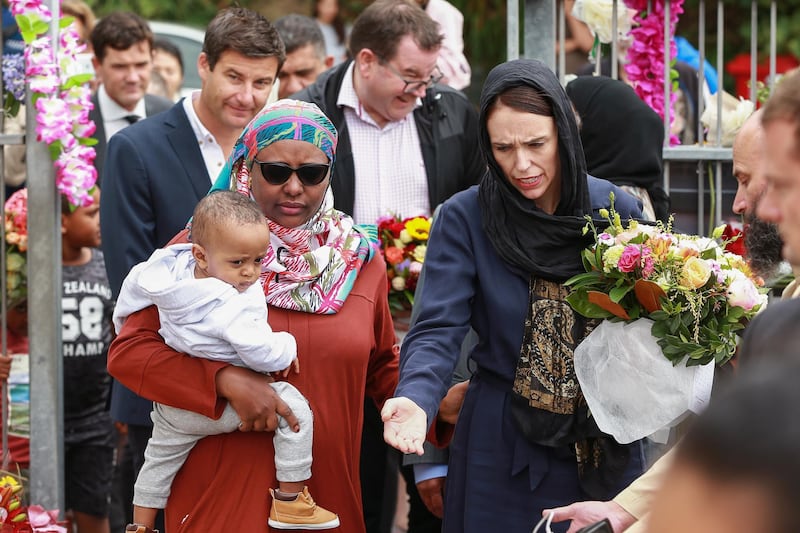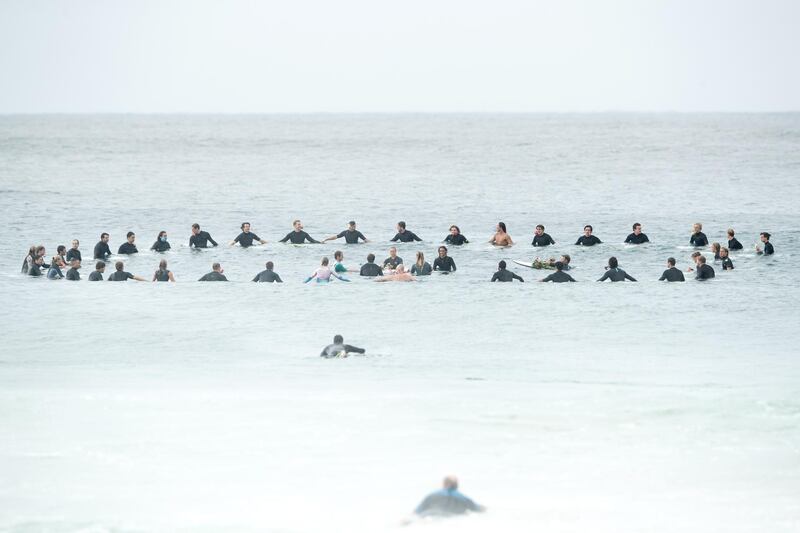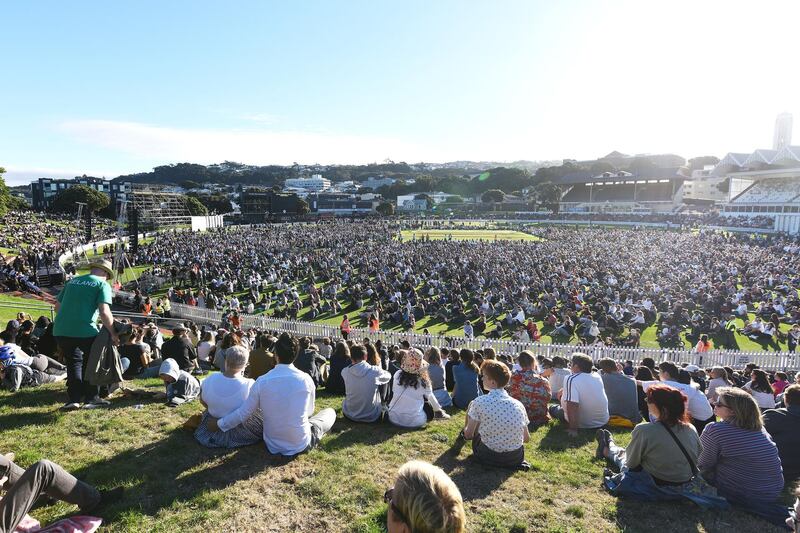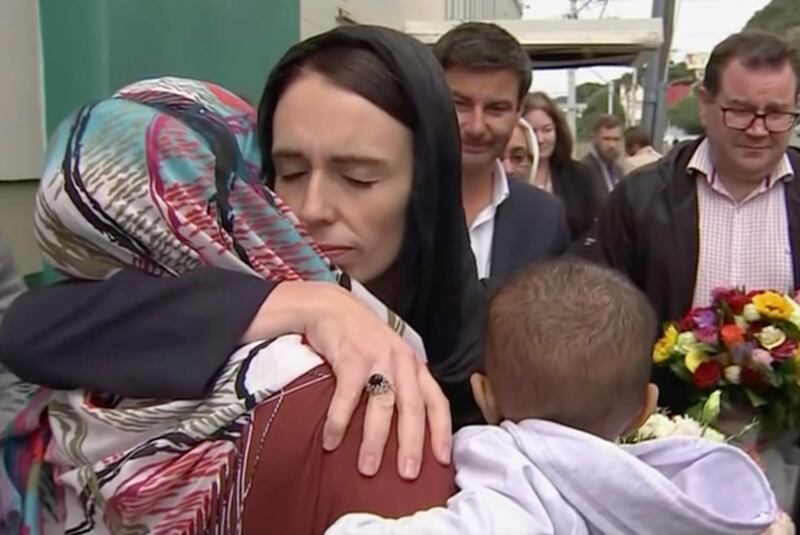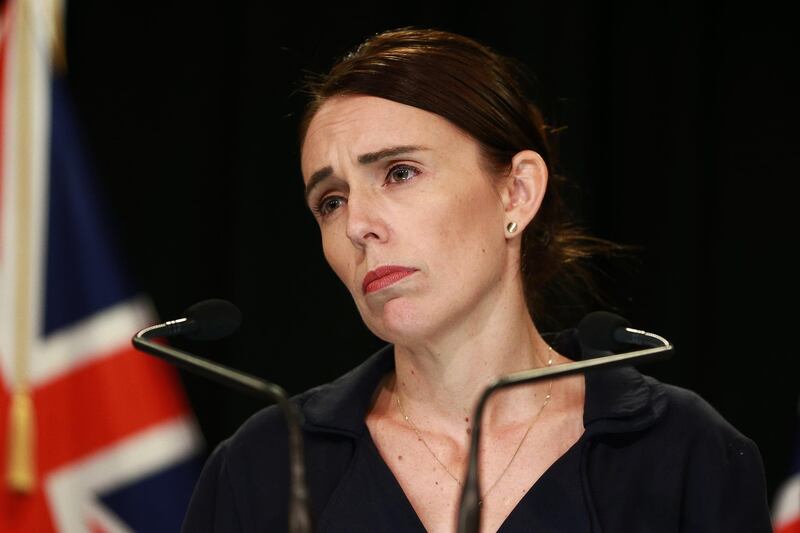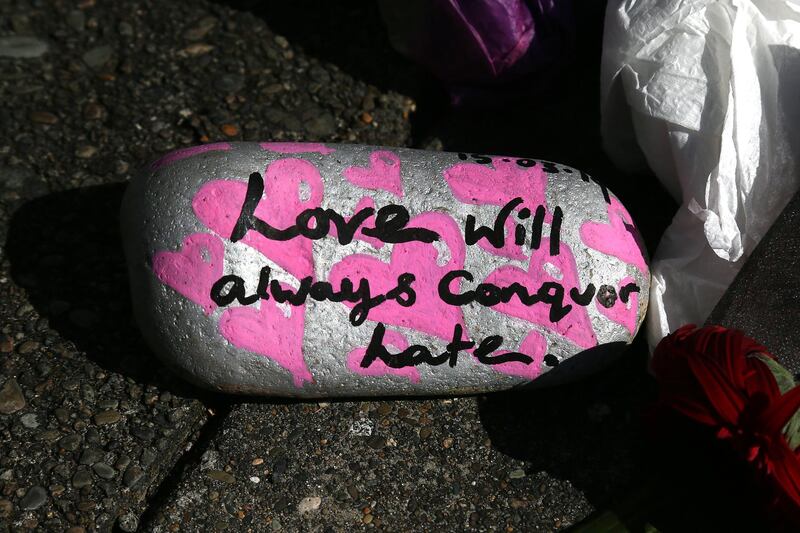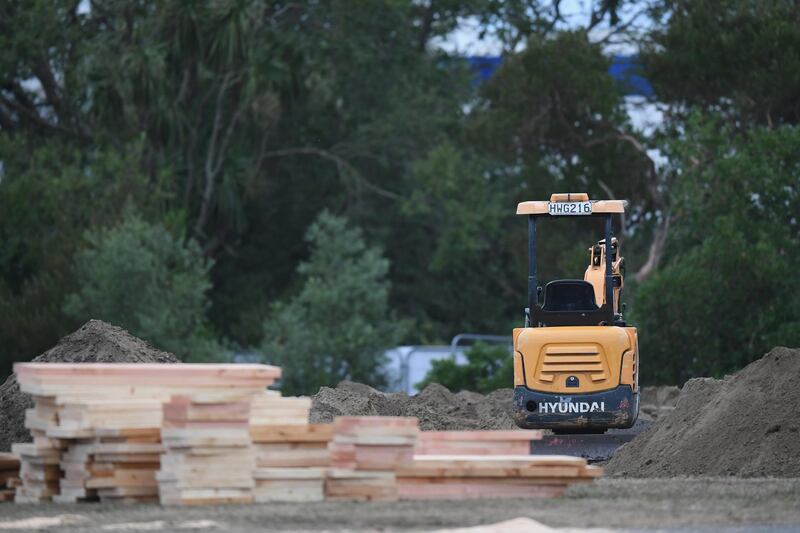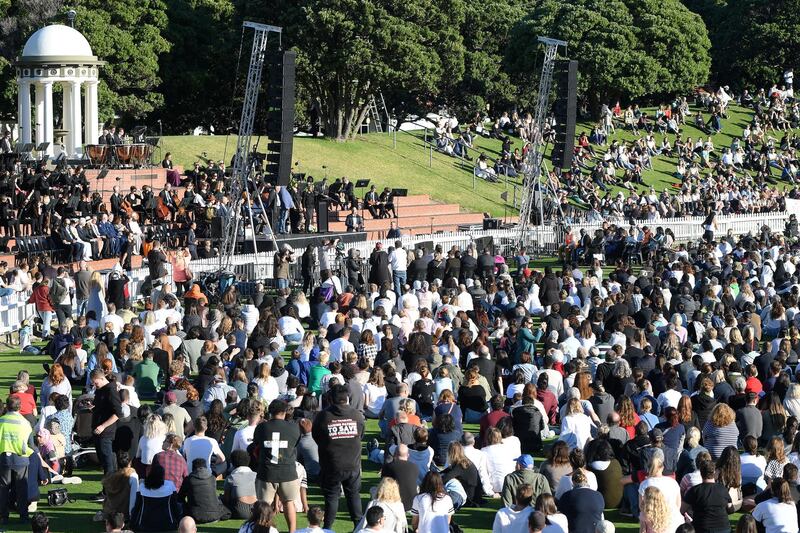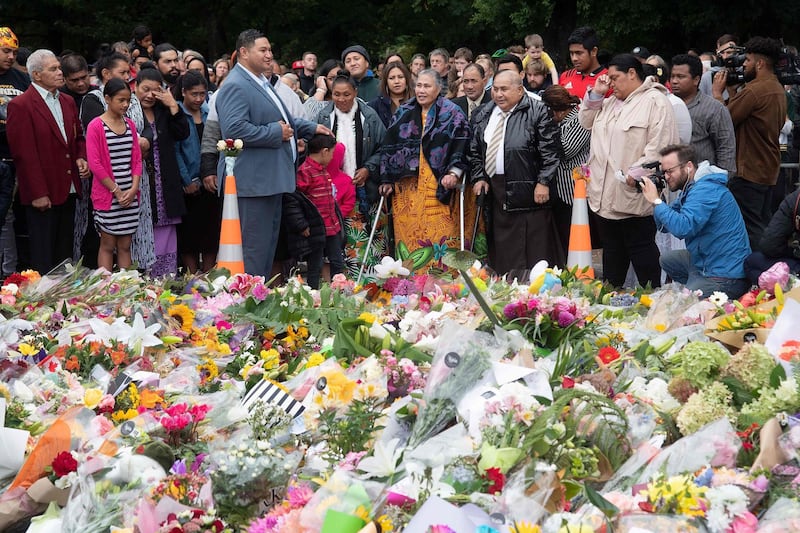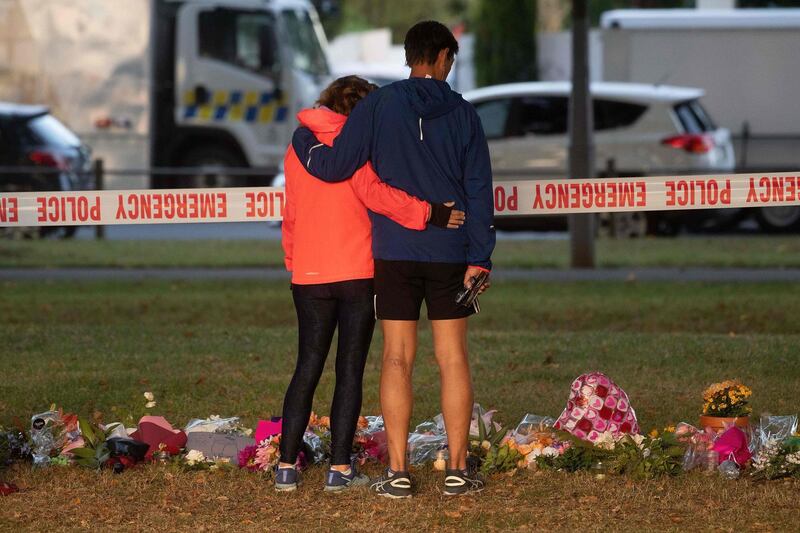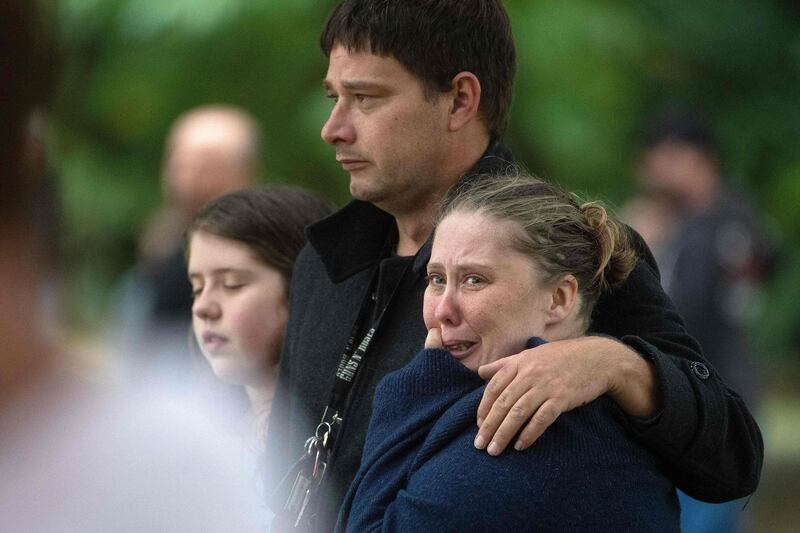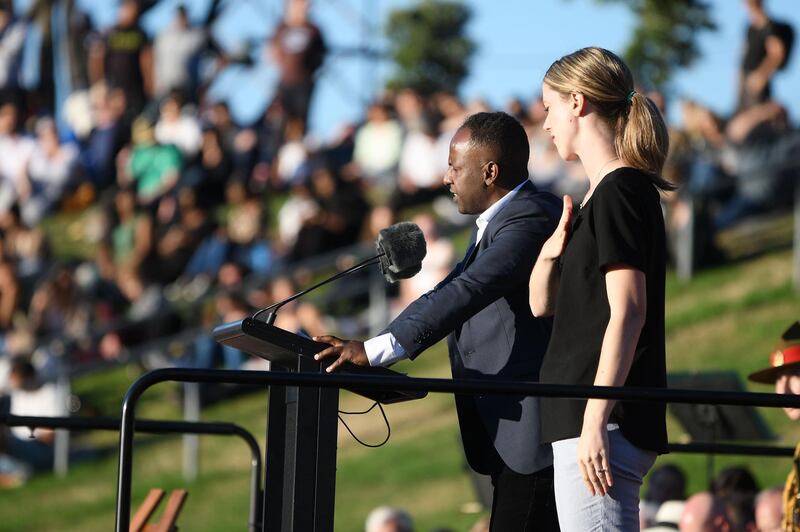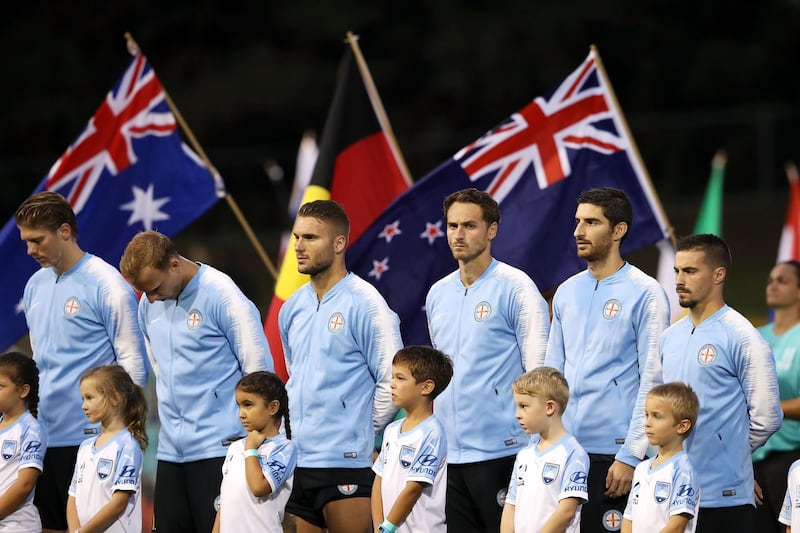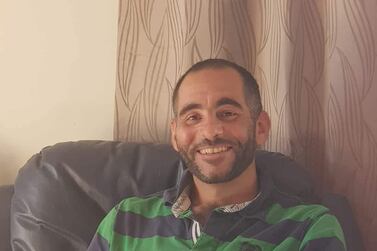Gun reform is central to New Zealand Prime Minister Jacinda Arden's response to the country's deadliest mass shooting last week with the cabinet meeting to discuss new legislation.
The move comes as family and friends grieve for the 50 people confirmed killed in the attacks on two mosques in Christchurch, and amid nationwide demonstrations of solidarity with the Muslim community.
Semi-automatic rifles and shotguns were recovered from the car of a man arrested soon after the shootings at the Al Noor and Linwood mosques on Friday. Brenton Tarrant, a 28-year-old Australian, was charged with one count of murder in a court appearance on Saturday. He was licensed to own the weapons, although the rifles were reported to have been modified illegally.
While an outright ban on semi-automatic rifles is considered unlikely, Ms Ardern has said legislators will consider measures such as tighter controls on sales of ammunition magazines.
“I can tell you one thing right now: our gun laws will change,” Ms Ardern said at a press conference on Saturday. “There have been attempts to change our laws in 2005, 2012 and after an inquiry in 2017. Now is the time for change.”
She said Mr Tarrant obtained the category A licence in November 2017 and started purchasing firearms the next month.
New Zealand previously tightened its gun laws in response to its last mass shooting in 1990, when a man killed 13 people in the town of Aramoana following a dispute.
Authorities are yet to release the bodies of victims from Friday's attack as they work to confirm their identities, with relatives anxious to perform the burial rites as soon as possible in accordance with Islamic law. However, volunteers had arrived from across the country to help with the burials in Christchurch and authorities sent in backhoes to dig graves in a site that was fenced off and blocked from view with netting.
Ms Ardern said authorities hoped to release all the bodies by Wednesday, and Police Commissioner Mike Bush said authorities were working with pathologists and coroners to complete the task as soon as they could.
"We have to be absolutely clear on the cause of death and confirm their identity before that can happen," Mr Bush said. "But we are so aware of the cultural and religious needs. So we are doing that as quickly and as sensitively as possible."
Although the authorities have not yet released an official list of the victims, a provisional list circulated among families of the deceased showed that they ranged in age from three to 77. The document provides the names of 44 men and four women, but is missing the identities of two of the 50 victims confirmed as dead by police. They came from a wide range of countries, including nine from Pakistan and four each from Jordan and Egypt. Some had moved to New Zealand decade earlier while others were more recent arrivals, including a refugee family Syrian that arrived late last year.
Thirty-four wounded remain in hospital in Christchurch, with 12 in critical condition. A 4-year-old girl at a children's hospital in Auckland was also listed as critical.
Mourners arrived in a steady stream at the two mosques on Sunday to pay tribute to the victims at makeshift memorials. Among them were members of a notorious street gang who performed a haka – a traditional Maori war dance – near the Al Noor Mosque on Deans Avenue where the majority of the victims were shot.
Pope Francis, who had sent a message on Sunday, offered prayers for "our Muslim brothers" killed in the mosque attacks and renewed "an invitation to unite in prayer and gestures of peace to oppose hatred and violence".
Meanwhile attention has turned to the suspected attacker's travels in the recent years after he recounted trips to Europe and Asia in a hate-filled "manifesto" released online shortly before the shootings in Christchurch.
Turkish officials said they were tracing Mr Tarrant's movements and the people he contacted during two visits in 2016, particularly a six-week stay from September 13 to October 25.
“The Turkish investigation will clarify when he arrived in Istanbul and where he stayed and probably his cellphone communication if he had one,” said Yusuf Alabarda, a security analyst at Ankara’s Foundation for Political, Economic and Social Research.
According to Turkey's Hurriyet newspaper, investigators will initially focus on the area around Sultanahmet Square in the heart of Istanbul's tourist district that includes Hagia Sophia, a former church and mosque that is now a museum, and which Mr Tarrant had called for to be returned to Christian worship. They will also examine hotel, airport and bus records.
